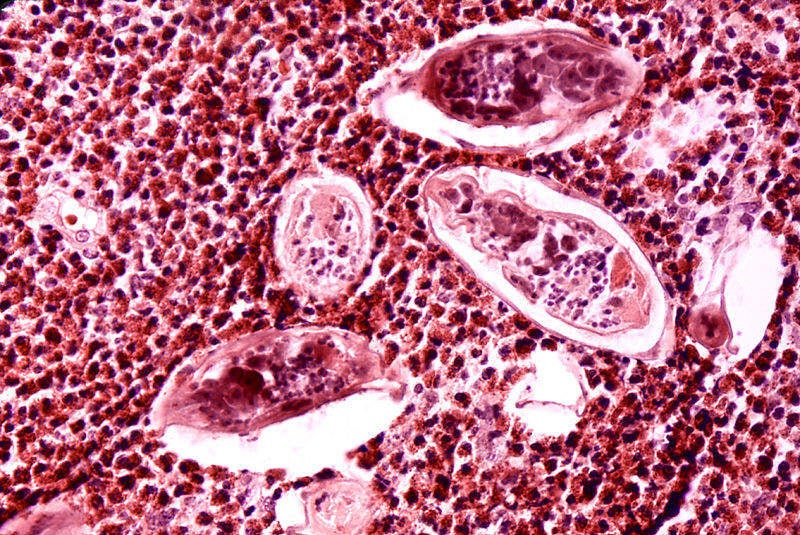
Researchers at Baylor College of Medicine, George Washington University in the US and the René Rachou Institute in Brazil have obtained National Institutes of Health (NIH) funding to conduct the Phase Ib clinical trial of a vaccine to treat schistosomiasis, a deadly parasitic infection.
A consortium of partners developed the vaccine under a product development alliance led by Center for Vaccine Development at Texas Children’s Hospital.

Discover B2B Marketing That Performs
Combine business intelligence and editorial excellence to reach engaged professionals across 36 leading media platforms.
The double-blind, randomised and controlled Phase Ib trial will test two formulations of the vaccine in up to 60 healthy males and non-pregnant females to protect against the intestinal/liver schistosomiasis caused by schistosoma mansoni.
Baylor College of Medicine infectious diseases professor Dr Robert Atmar said: “The main purpose of the study is to assess the vaccine safety in a group of healthy adults who may have previously been exposed to schistosomiasis.
“The investigative team will also evaluate the ability of different doses of the vaccine with or without adjuvant to induce antibody and cellular immune responses to the vaccine agent.”
The researchers have conducted the previous Phase I trial of the vaccine in 2015 at Baylor College of Medicine, and plan to perform the latest study in Americaninhas, Brazil.

US Tariffs are shifting - will you react or anticipate?
Don’t let policy changes catch you off guard. Stay proactive with real-time data and expert analysis.
By GlobalDataPatients for the trial will be enrolled by investigators from the George Washington University at a clinical site developed in collaboration with the René Rachou Institute.
George Washington University School of Medicine and Health Sciences microbiology, immunology and tropical medicine associate professor Dr David Diemert said: “Right now, people are treated for schistosomiasis only to be rapidly reinfected. Creating a vaccine is critical to stopping this cycle.”





